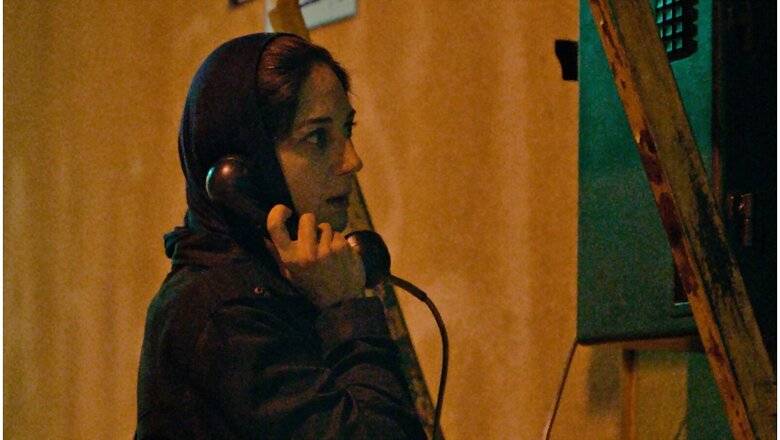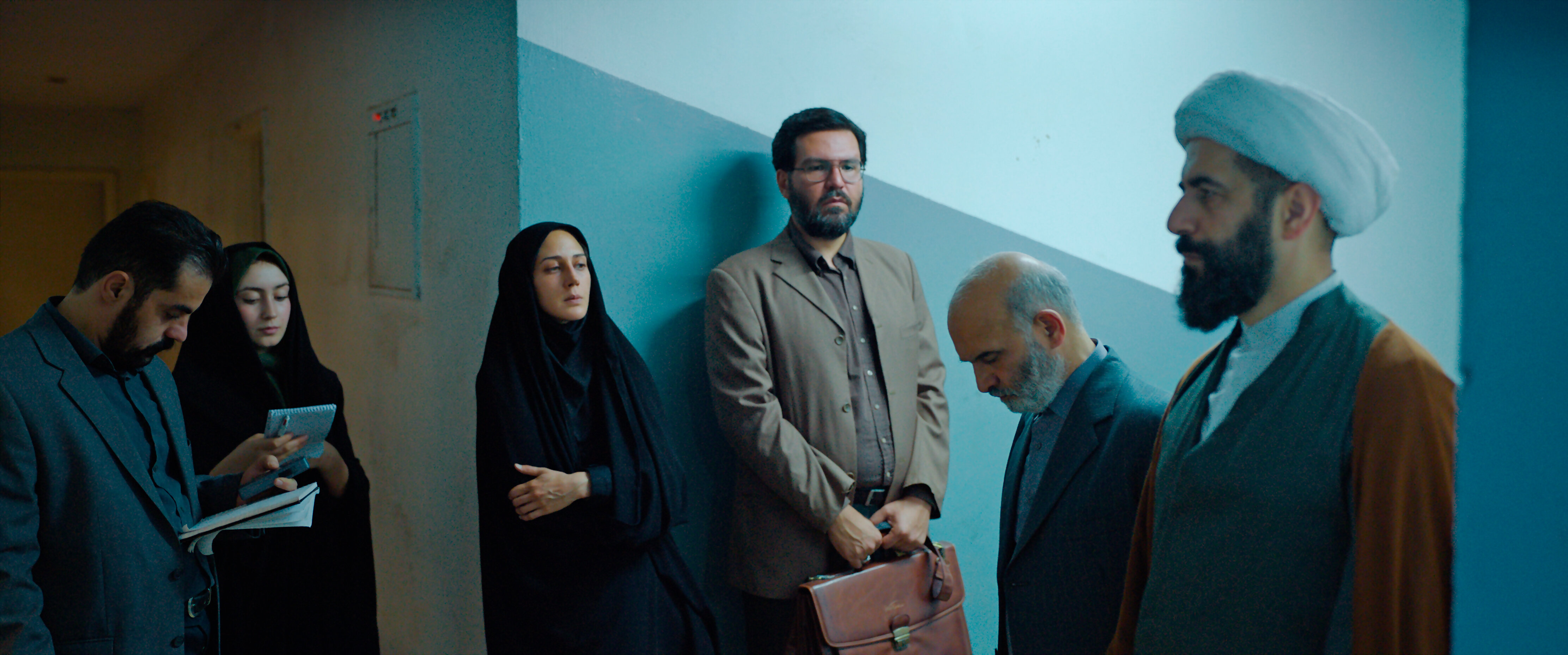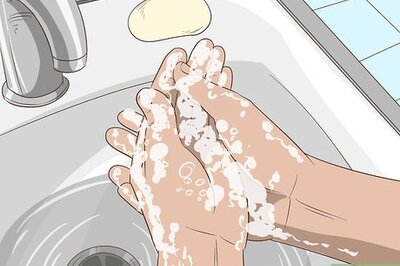
views
It could not have been a coincidence for a group of feminists to have chosen the screening of Holy Spider on Sunday at Cannes for their protest against feminicides. They gathered on the famed red carpet releasing smoke from handheld devices. There were a dozen of them dressed in formal attire keeping in mind the Festival’s dress regulations – without which they might not have been able to breach the strict security barrier around the Grand Theatre Lumiere, where Holy Spider was all set to play. The demonstrators held a long scroll with the names of 129 women who had been murdered in France since Cannes 2021.
(This is the second feminist protest the Festival has seen this year. On Friday, an activist attending the world premiere of George Miller’s 3000 Years of Longing demonstrated against purported sexual violence from Russian forces against the women of Ukraine.)
As much as these demonstrating women shocked the Festival organisers, viewers of Holy Spider were jolted as well. The Festival, rather sleepy and dull till now, felt a strong electric current sweeping through the aisles. And the film by Iranian-Danish auteur, Ali Abbasi (who had earlier given us Border), is already being tipped for the top Palm d’Or, and we have still six more days of the Festival to go. It ends on May 28.
The movie explores a killing spree on the streets of the religious city of Mashhad, where 16 prostitutes were found dead in 2000 and 2001. Looks like Iran’s Jack the Ripper, who murdered prostitutes at Whitechapel in London’s East End in 1888.
In Holy Spider, journalist Rahimi (played by Zar Amir-Ebrahimi) is trying to probe the murders, and early on we are let into who the criminal is. He is a war veteran, Saeed (Mehdi Bajestani). He is a typical Jekyll and Hyde; a normal man with a loving family by the day, who turns into a monster at night, picking up women on his motorcycle and brutally strangling them as a “religious cleansing ritual”.

In a Press handout, Abbasi said, “Holy Spider is about the rise and fall of one of Iran’s most infamous serial killers: Saeed Hanaei. In a larger context, the film is a critique of Iranian society, as the killer is a very religious man and a well-respected citizen. I was still living in Iran in the beginning of 2000s when Saeed Hanaei was killing street prostitutes in the holy city of Mashhad. He managed to kill 16 women before he was caught and put on trial. It was during his trial that the story really caught my attention. In a normal world there is no doubt that a man who had killed 16 people would be seen as guilty. But here it was different: a part of the public and the conservative media began to celebrate Hanaei as a hero. They upheld the idea that Hanaei simply had to fulfill his religious duty to clean the streets of the city by killing these ‘dirty’ women. This was when the idea of making this movie came to me.”
Holy Spider disturbed some in the audience who walked out like they did during the screening of David Fincher’s Zodiac some years ago. Films like Antichrist by Danish helmer Lars Von Trier had also provoked such extreme reaction at Cannes.
Holy Spider was shot in Jordan – it could not have been in Iran – and is bound to anger Tehran for the depiction of topless women and several sex scenes.
“In Iran, movies are not allowed to feature such images,” which Abbasi alluded to in his brief remarks at the premiere. “This means a lot for us,” the director said. “This means a lot to my fantastic team, my crew, my actors. But it’s also a great day for Iranian cinema. There’s finally at least one film where women actually have bodies, where they don’t sleep with their headscarves on.”
As the audience clapped, he continued: “And in the past 20 years, I have always thought of a huge injustice that has been committed against the real victims of this story. And even now, when people condemn this, they seldom mention those dead women. I feel a little piece of justice is being played out tonight.”
Holy Spider is one of two Iranian movies in competition at Cannes. The other is Saeed Roustaee’s “Leila’s Brothers.” Neither has been cleared by authorities to screen in Iran.
Cannes 2022 appears like the year of Iranian cinema: Oscar-winning helmer Asghar Farhadi is on the main jury, and he has come with a smoke of plagiarism around his A Hero.
Read all the Latest Movies News here


















Comments
0 comment